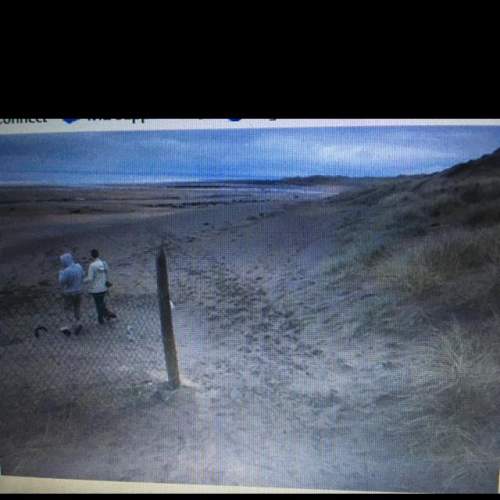
Biology, 15.10.2019 00:30 supercutedonuf3753
In the lab, you isolate a chlorella mutant that is unable to switch xanthophyll pigments into the inactive, non-heat-dissipating form. if you released that mutant into a small pond shaded by trees, would the mutation spread, and why?
a) yes, because the xanthophylls prevent the production of reactive oxygen species.
b) no, because the xanthophylls prevent the production of reactive oxygen species.
c) no, because xanthophyll dissipates absorbed light as heat, and in low light environments, such dissipation would decrease photosynthesis and therefore growth.
d) yes, because the heat released by the xanthophylls would warm up the cells and enhance photosynthesis.
e) no, because mutations never spread in nature

Answers: 3


Another question on Biology

Biology, 21.06.2019 19:50
Ablastocyst is a group of cells that forms after a human egg is fertilized. the blastocyst consists of two types of cells. some of these cells will become the placenta. what do the other cells develop into?
Answers: 3

Biology, 21.06.2019 22:00
There are specialized producers that live in warm water vents deep in the ocean. these producers do not per-form from photosynthesis, but instead perform a similar process with iron and other chemicals. why do you think these producers use this process instead of photosynthesis?
Answers: 1


Biology, 22.06.2019 07:30
The picture represents a structure of the respiratory system. which is the function of this structure? to bring air into the body to exchange oxygen with carbon dioxide to carry air to the lungs to release oxygen from the body
Answers: 1
You know the right answer?
In the lab, you isolate a chlorella mutant that is unable to switch xanthophyll pigments into the in...
Questions

Mathematics, 09.04.2021 19:00

Mathematics, 09.04.2021 19:00


Chemistry, 09.04.2021 19:00


Geography, 09.04.2021 19:00

Mathematics, 09.04.2021 19:00

Mathematics, 09.04.2021 19:00


English, 09.04.2021 19:00

Chemistry, 09.04.2021 19:00



History, 09.04.2021 19:00


Biology, 09.04.2021 19:00



Mathematics, 09.04.2021 19:00

Chemistry, 09.04.2021 19:00




